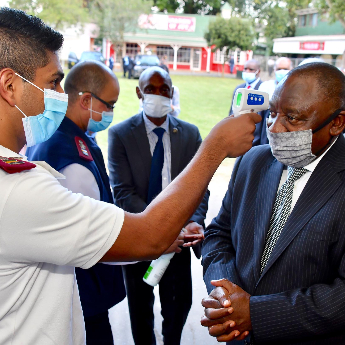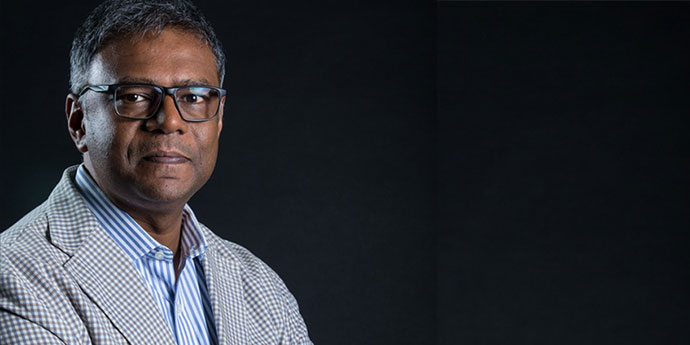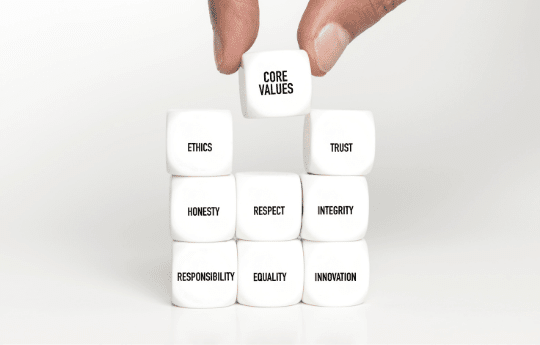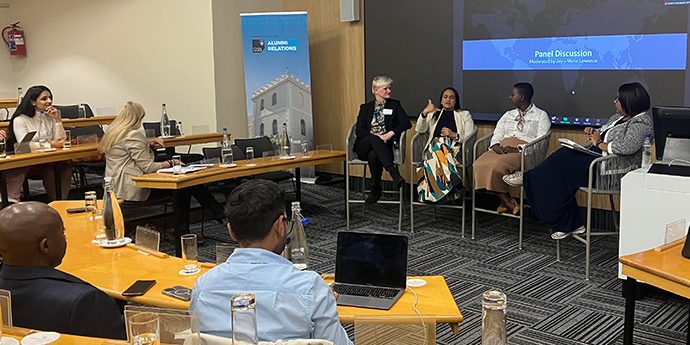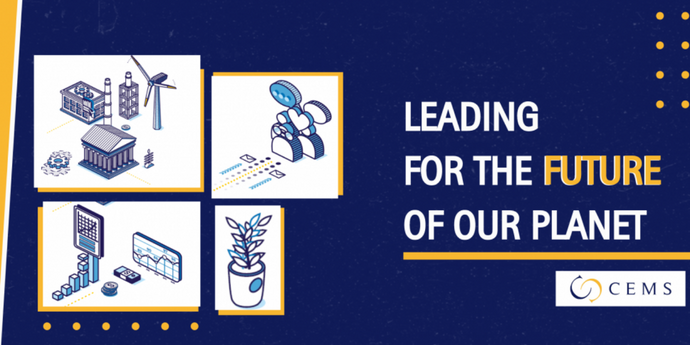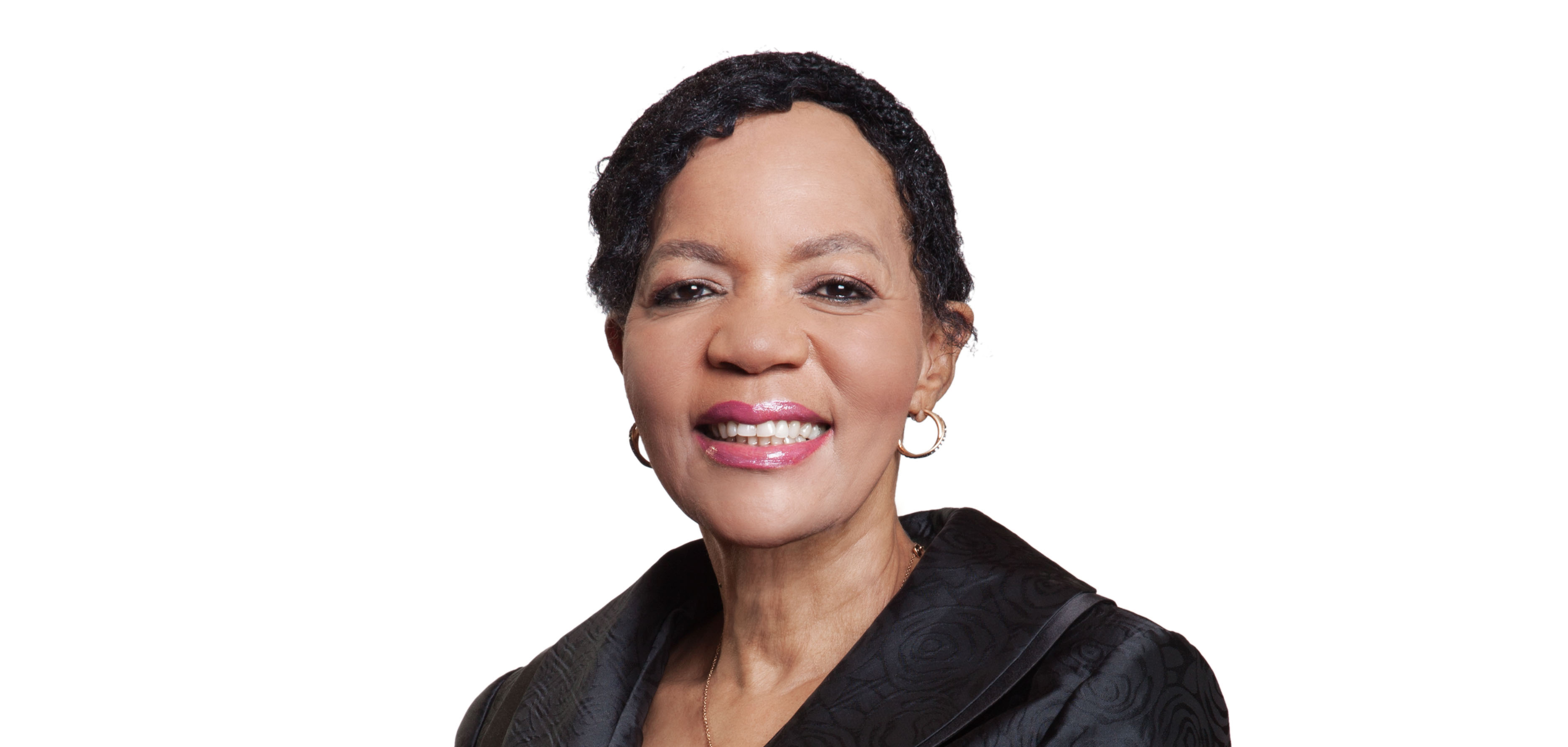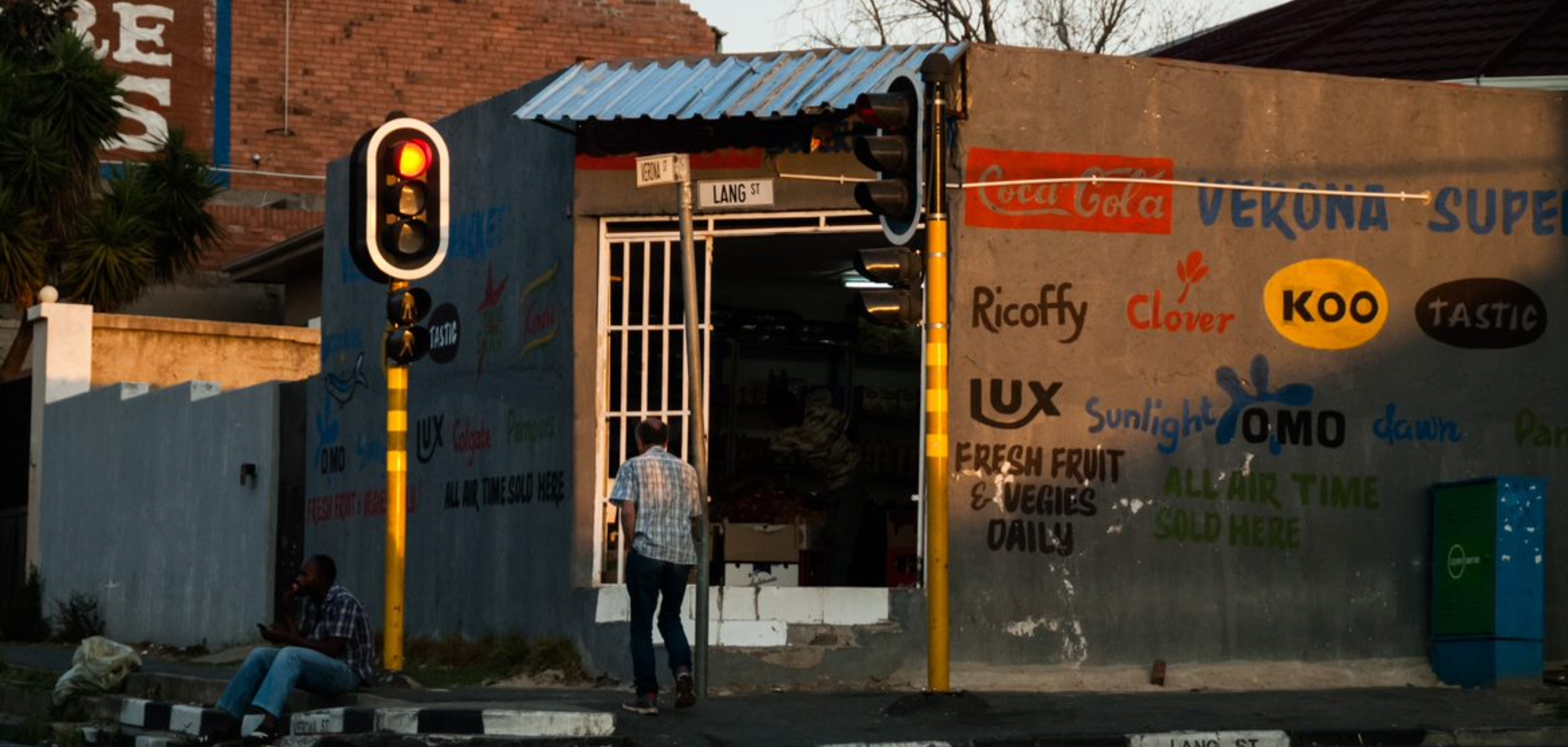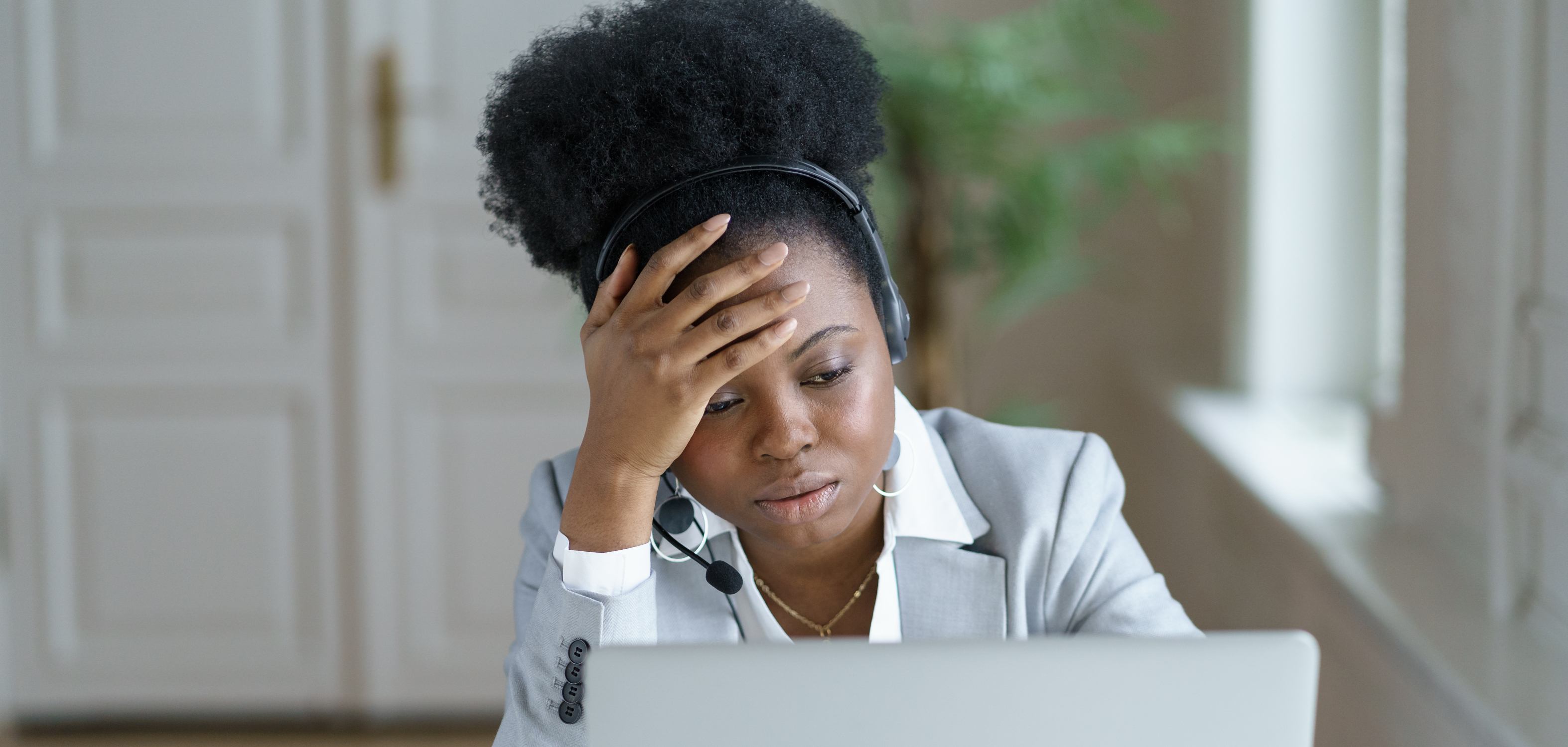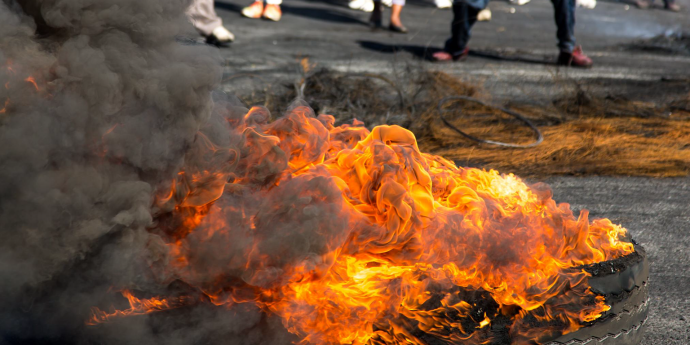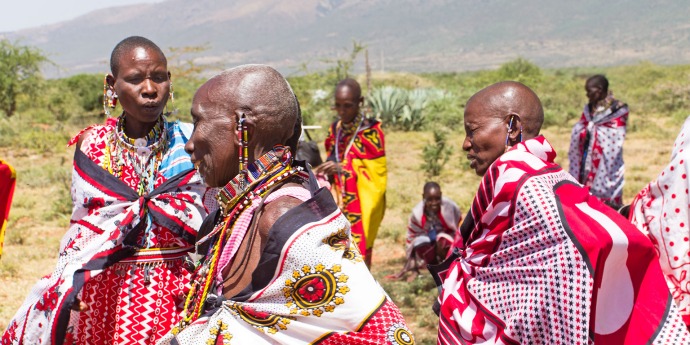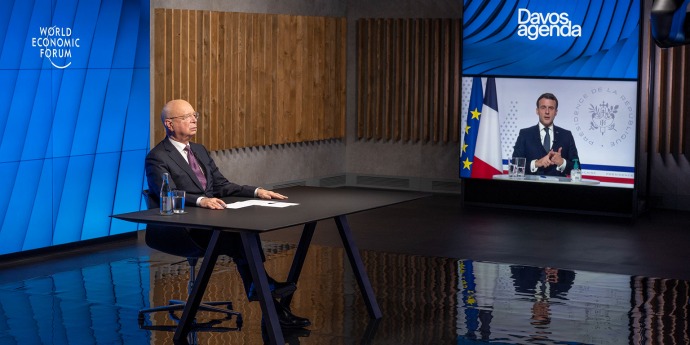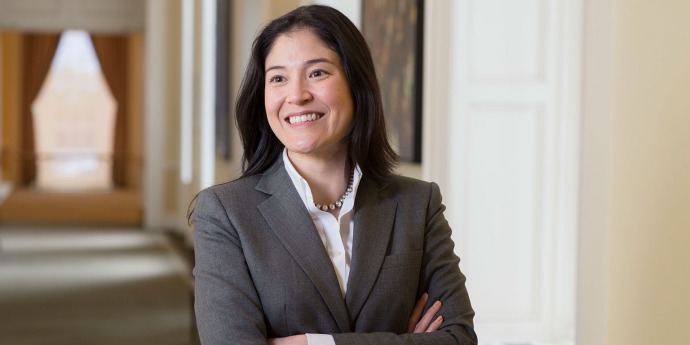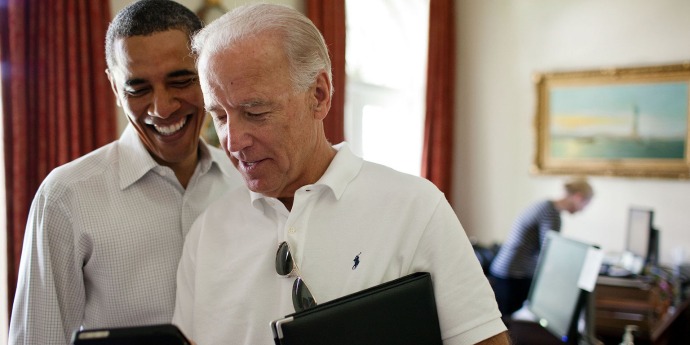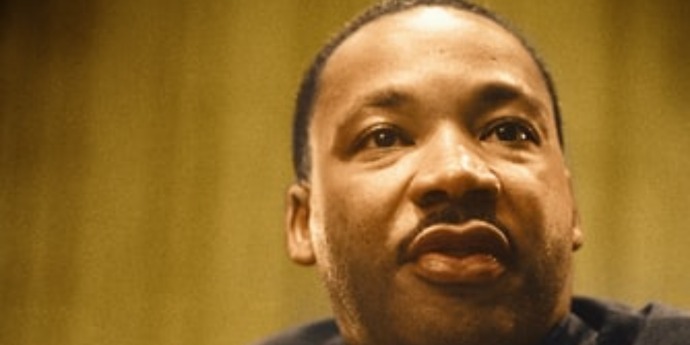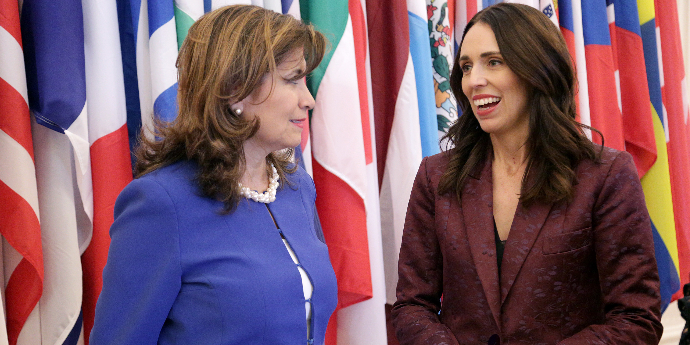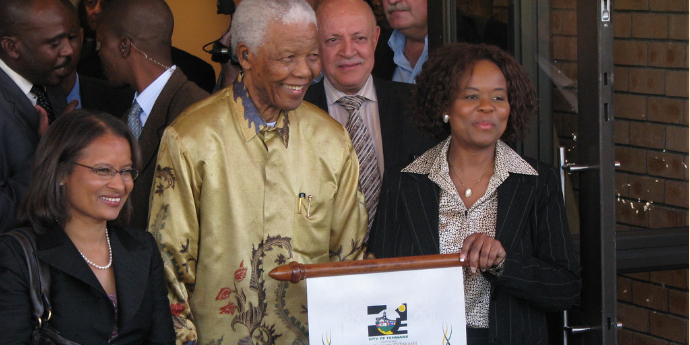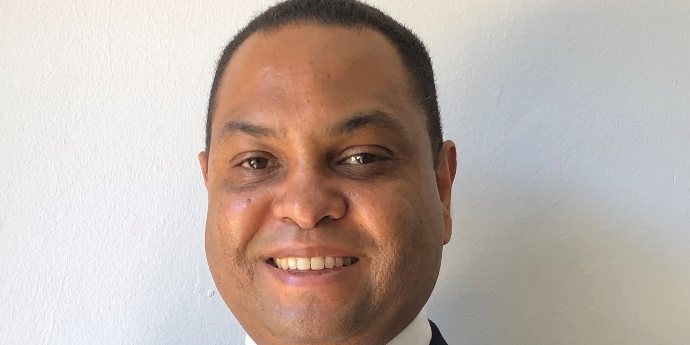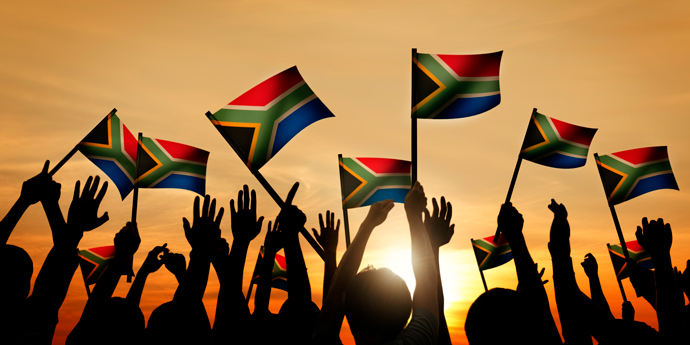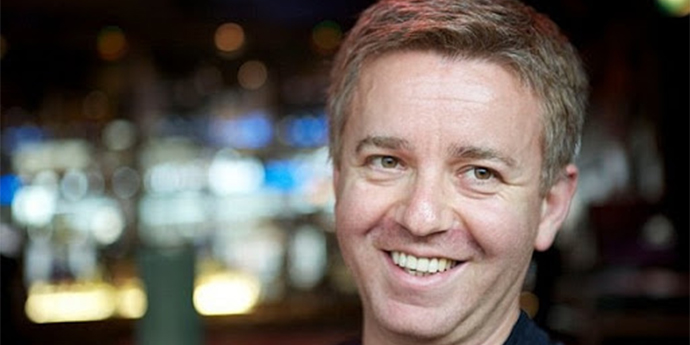Dr Camaren Peter, associate professor with the Allan Gray Centre for Values-Based Leadership at the UCT Graduate School of Business, speaks about the challenges posed by the global COVID-19 pandemic.
There has been some debate about the merits of shutting down the economy to stem a disease with a relatively low mortality rate, while many countries in Europe and Asia had no lockdown measures. Was the lockdown necessary?
Firstly, let me say that there’s a lot of misperception about countries with supposedly no lockdown measures. It should be made clear that just about every country that recorded COVID-19 cases had measures in place, including the likes of Sweden, Norway, Taiwan and Japan. Those measures may not have been as stringent as the lockdown in South Africa — and our context is vastly different — but it was never ‘business as usual’ in those countries. I read somewhere that in March, Taiwan fined a man US$33,000 for breaking quarantine to go clubbing; that’s over R600,000.
COVID-19 has presented a values-based leadership challenge to the world and South Africa. Central to this leadership challenge is the question, how much do we value human life? As crucial as the economy is, do we keep it ticking over irrespective of the number of lives it would cost? Proponents of ‘herd immunity’, for example, have been caught with their pants down. A recent, comprehensive study conducted in Spain this week has shown that herd immunity is unachievable with COVID-19. So those politicians who were uncritically pushing it, without due consideration of the vast uncertainties accompanying this new, deadly phenomenon, were willing to risk infecting 60% of the population. This would have incurred a huge loss in human lives, broken the healthcare system, and very likely brought the economy to a standstill. Some humility is required in the face of the unknown.
The bottom line is that you can create jobs again, you can put stimulus packages and feeding programmes in place, and you can open schools again. But you can’t replace a life. Leadership, in this moment, is about how we organise to survive the pandemic, not how we normalise it.
It appears that institutions like the World Health Organization and scientists keep changing their minds — whether it’s about how the disease is spread, or whether or not we should be wearing masks? How do governments make decisions based on such uncertainty?
Scientists are working as hard as they can to better understand the virus, but there is profound information uncertainty associated with this new phenomenon. We learn new things every day. In such cases we must invoke the precautionary principle, that is, err on the side of caution. We do know that when we relax controls the healthcare system quickly becomes overrun and people die needlessly. A carefully controlled phasing in of everyday activities is required in order for us to learn how to balance between our need to keep society going and our duty to protect human life.
How do we move ahead over the coming months?
I think our current approach is the correct one — we’re opening certain functions and parts of the economy. But we shouldn’t be putting human lives at risk. This is a massive disaster risk management exercise, the likes of which we haven’t encountered before. We can move ahead, and adapt our plans as we learn what works and what doesn’t. In this new reality, learning and adaptation will prove key. For this we need diverse expert and stakeholder scrutiny and inputs, both in planning, as well as in assessing the feedback we receive as we ‘learn-by-doing’, so to speak. When things go wrong, we need to be able to act quickly to rectify them.
Is any good going to come out of this pandemic?
I think so. The pandemic has forced us to leapfrog activities such as online learning, e-commerce, banking and financial services, logistics and delivery systems, as well as to pivot and adapt business models to meet the needs of the moment (think of distilleries that have pivoted to produce sanitiser). We’re also seeing unprecedented levels of cooperation and goodwill in our society, particularly in addressing the pressing needs of the poor and disadvantaged. This can bring us closer together as a society and restore our social contract, while brokering a deeper understanding of each other. Most importantly, however, if it prompts us to rethink the fundamentals of how our societies and economies are organised, as well as our politics and ideologies, this might prove to be a profound moment from which a genuine ‘reformation’ of sorts can emerge.

